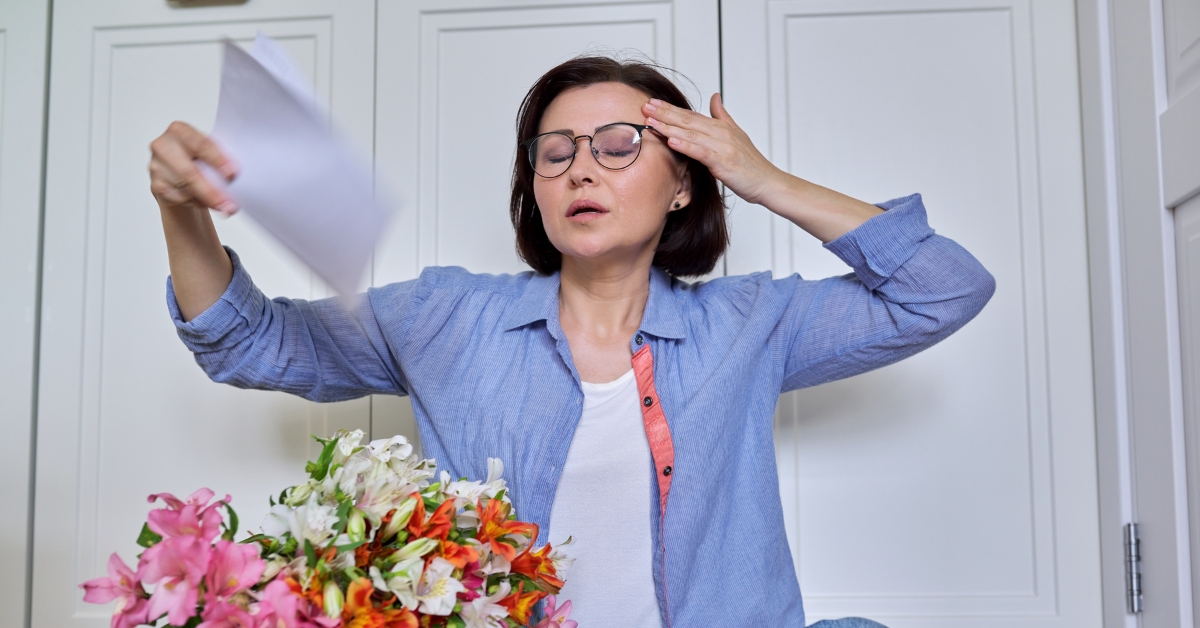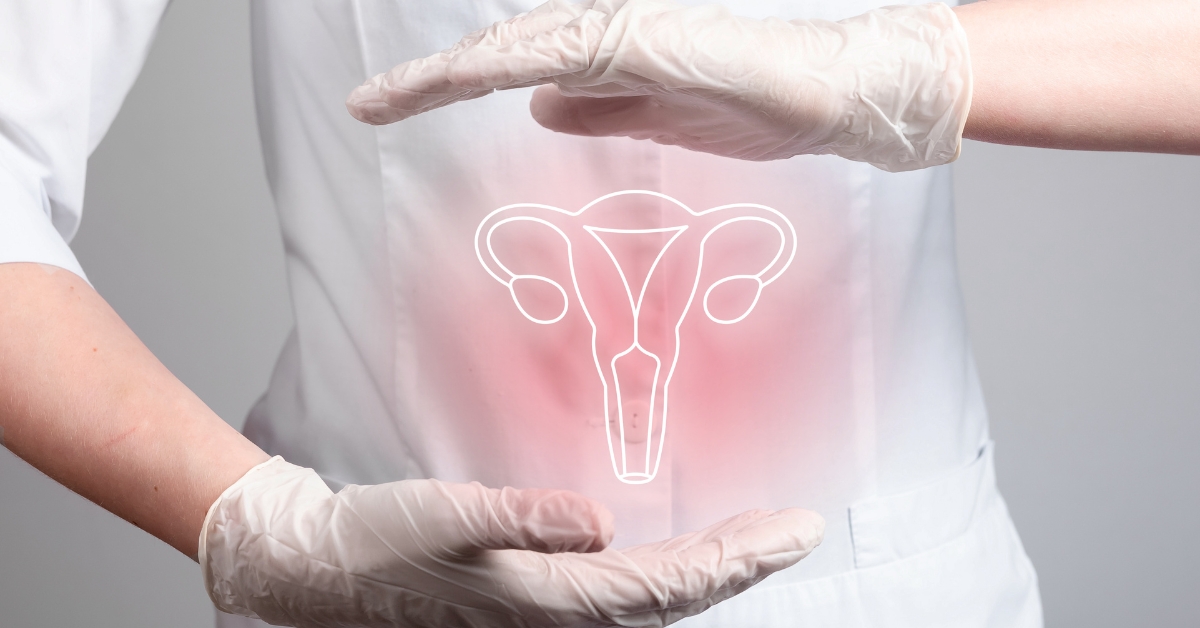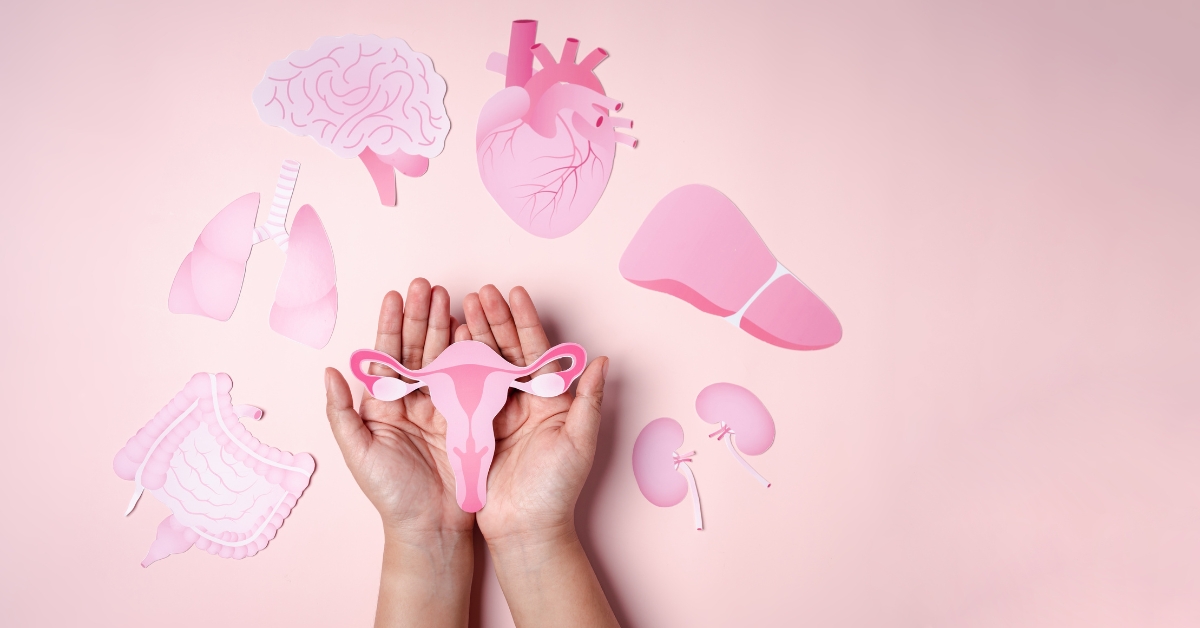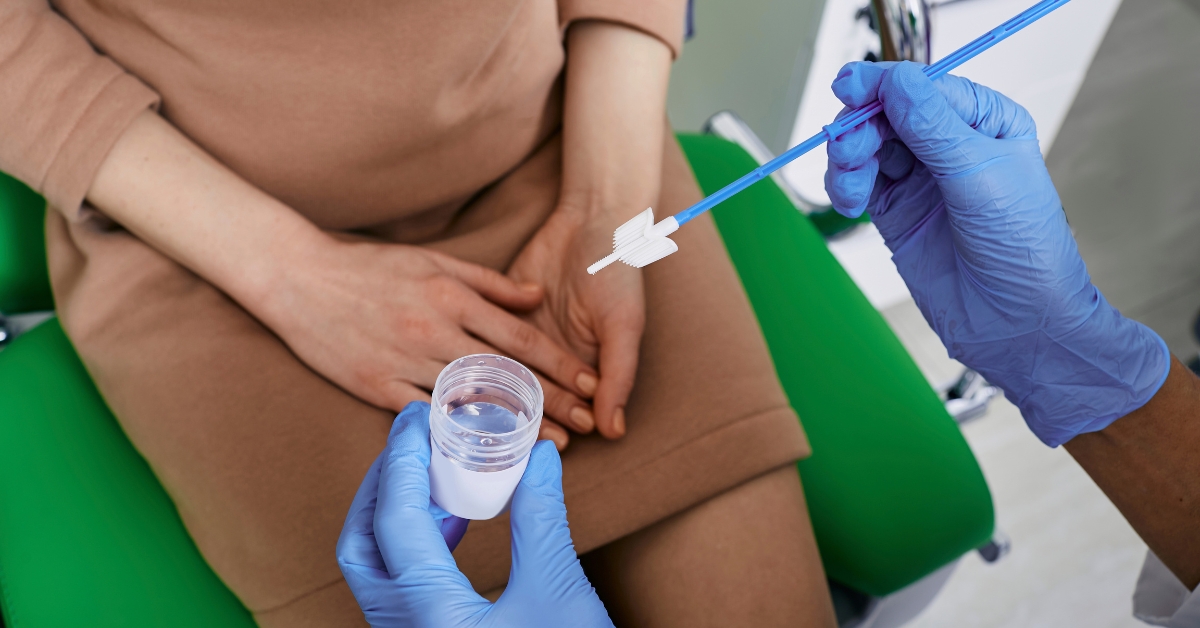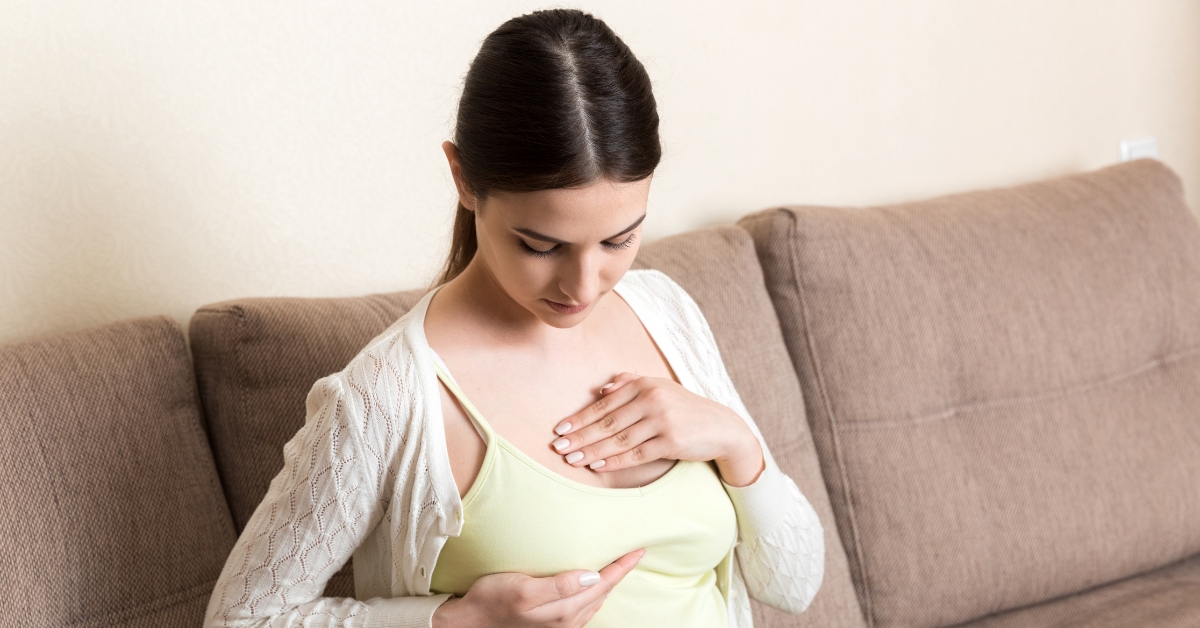Menopause is a natural phase in a woman’s life that marks the end of her reproductive years.
While a significant milestone, it can bring about various physical and emotional changes.
One of the most common and bothersome symptoms experienced during menopause is hot flashes.
These sudden sensations of heat can be uncomfortable and disruptive.
Table of Contents
This article will explore effective strategies and lifestyle changes to manage hot flashes during menopause.
Let us dive in!
Understanding Hot Flashes

Hot flashes, also known as vasomotor symptoms, are characterized by a sudden intense heat, often accompanied by flushing of the face, neck, and chest.
They can last a few seconds to several minutes and may be followed by excessive sweating or chills.
Hot flashes occur due to hormonal fluctuations, particularly a decline in estrogen levels, which disrupt the body’s thermoregulation process.
Lifestyle Modifications

Dress in Layers
Wearing light, breathable clothing and wearing layers can help you manage hot flashes.
Opt for natural fabrics like cotton or linen that allow air circulation and help absorb moisture.
By layering your clothing, you can easily remove or add a layer to adjust to temperature changes.
Manage Stress
Stress can trigger or worsen hot flashes.
Explore stress management techniques like deep breathing exercises, meditation, or yoga.
Engaging in enjoyable and relaxing activities can also help alleviate stress.
Stay Cool
Keeping your environment cool can make a significant difference in managing hot flashes.
Use fans, open windows, or invest in a cooling device such as a portable fan or cooling pillow.
Lowering the room temperature and using lightweight bedding can also promote better sleep.
Regular Exercise
Regular physical activity can help regulate hormone levels and reduce the frequency and intensity of hot flashes.
Aim for at least 30 minutes of moderate exercise most days of the week.
Consult with your healthcare provider before starting any new exercise routine.
Natural Remedies

Phytoestrogens
Phytoestrogens are plant compounds that mimic the effects of estrogen in the body.
Foods rich in phytoestrogens include soybeans, flaxseeds, chickpeas, and lentils.
Adding these to your diet may help alleviate hot flashes.
However, if you have a history of estrogen-sensitive conditions, consult your doctor before making significant dietary changes.
Black Cohosh
Black cohosh is a herbal supplement traditionally used to manage menopausal symptoms, including hot flashes.
Some studies suggest that it may help reduce the frequency and severity of hot flashes.
Consult with a healthcare professional before starting any herbal supplements.
Evening Primrose Oil
Evening primrose oil contains gamma-linolenic acid, an omega-6 fatty acid that may help reduce the intensity of hot flashes.
It is available as a dietary supplement.
As with any supplement, consult your healthcare provider to determine if it suits you.
Medical Interventions
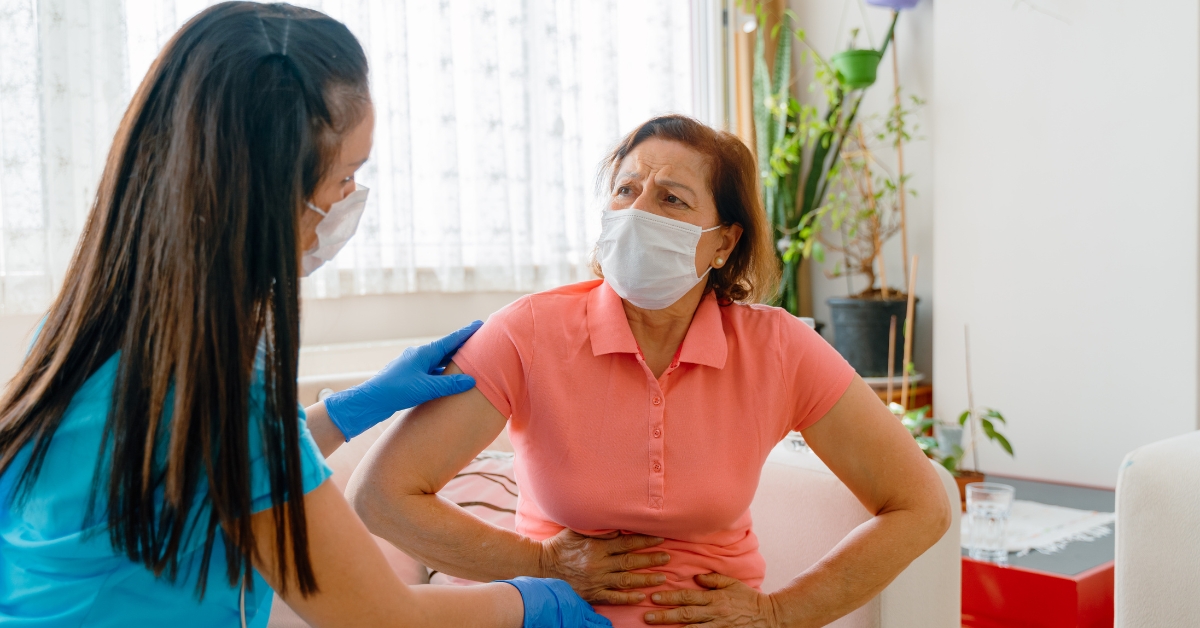
Hormone Replacement Therapy (HRT)
HRT involves taking medications that contain hormones like estrogen and progesterone to supplement the body’s declining hormone levels during menopause.
It can effectively manage hot flashes, but it is unsuitable for everyone.
Discuss the potential risks and benefits with your doctor to determine if HRT is the right choice.
Non-Hormonal Medications
Certain medications, such as selective serotonin reuptake inhibitors (SSRIs) and serotonin-norepinephrine reuptake inhibitors (SNRIs), originally used for depression and anxiety, have been found to help reduce hot flashes.
Consult with your healthcare provider to explore whether these medications suit you.
Conclusion

Experiencing hot flashes during menopause can be challenging, but you can effectively manage this symptom with the right strategies, lifestyle modifications, and possibly medical interventions.
Experiment with different approaches and consult with your healthcare provider to find the best combination that works for you.
Remember, menopause is a unique journey for every woman, and finding the right support and information is crucial.
FAQs
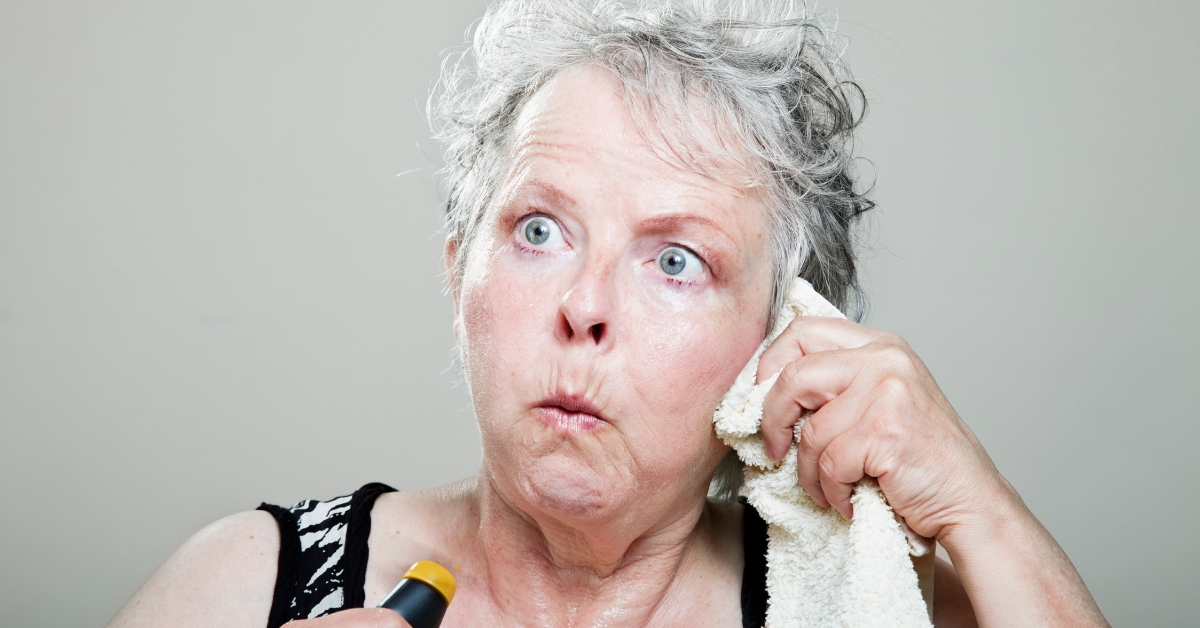
What are hot flashes during menopause?
Hot flashes are sudden sensations of intense heat, often accompanied by flushing of the face, neck, and chest. They are a common symptom experienced by women during menopause due to hormonal changes.
How long do hot flashes last during menopause?
The duration of hot flashes can vary from woman to woman. They can last from a few seconds to several minutes. Some women may experience hot flashes for a few months, while others may have them for several years.
What triggers hot flashes?
Hot flashes can be triggered by various factors, including hormonal changes, stress, certain foods and beverages (such as spicy foods, caffeine, and alcohol), hot weather, warm environments, and tight clothing.
Can lifestyle changes help manage hot flashes?
Yes, certain lifestyle modifications can help manage hot flashes. These include dressing in layers, managing stress, staying cool, exercising regularly, and avoiding triggers such as spicy foods and hot beverages.
Are there natural remedies for hot flashes?
Yes, there are natural remedies that may help alleviate hot flashes. These include incorporating phytoestrogen-rich foods into your diet, such as soybeans and flaxseeds, trying herbal supplements like black cohosh, and considering evening primrose oil.
What is hormone replacement therapy (HRT)?
Hormone replacement therapy involves taking medications that contain hormones like estrogen and progesterone to supplement the body’s declining hormone levels during menopause. It can effectively manage hot flashes, but it is unsuitable for everyone. Consult with your doctor to discuss the potential risks and benefits.
Can non-hormonal medications help with hot flashes?
Certain non-hormonal medications, such as selective serotonin reuptake inhibitors (SSRIs) and serotonin-norepinephrine reuptake inhibitors (SNRIs), originally used for depression and anxiety, have been found to help reduce hot flashes. Talk to your healthcare provider to explore whether these medications suit you.
Are hot flashes signs of a medical condition other than menopause?
Hot flashes can occur due to other medical conditions or certain medications. If you experience hot flashes without being in the menopausal age range or if other concerning symptoms accompany them, it is important to consult with your healthcare provider for further evaluation.
Can hot flashes be prevented?
Hot flashes cannot be completely prevented, as they are a natural part of the menopausal transition. However, certain lifestyle modifications and strategies can help reduce their frequency and intensity.
When should I seek medical help for hot flashes?
If hot flashes significantly disrupt your daily life, cause severe discomfort, or if you have concerns about other associated symptoms, it is advisable to seek medical help. Your healthcare provider can assess your situation and provide appropriate guidance and treatment options.
